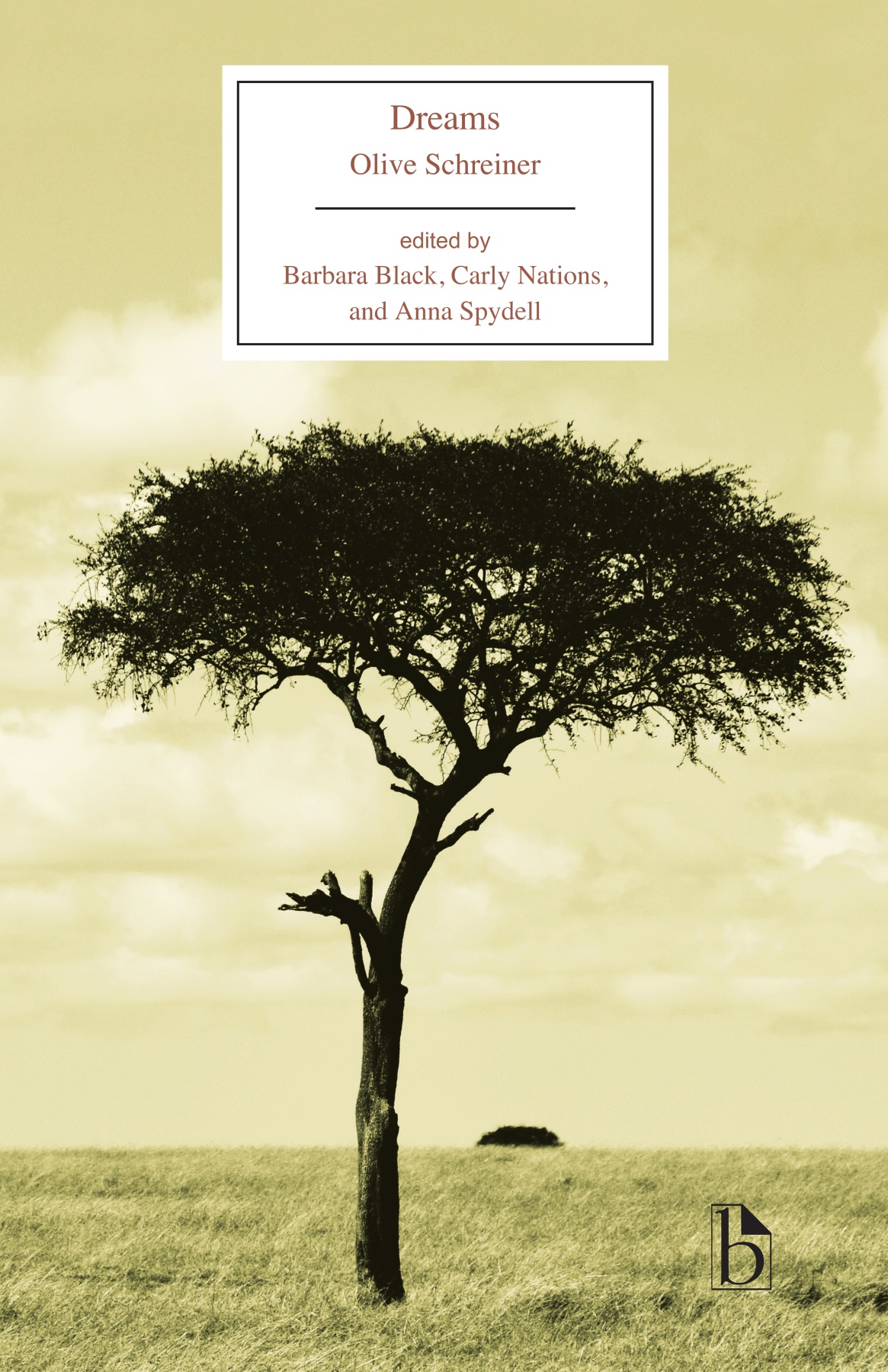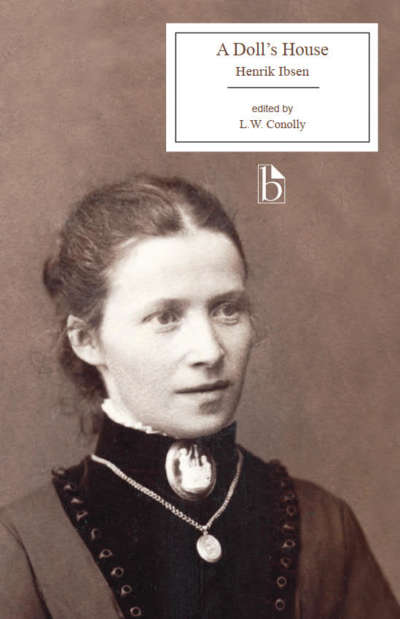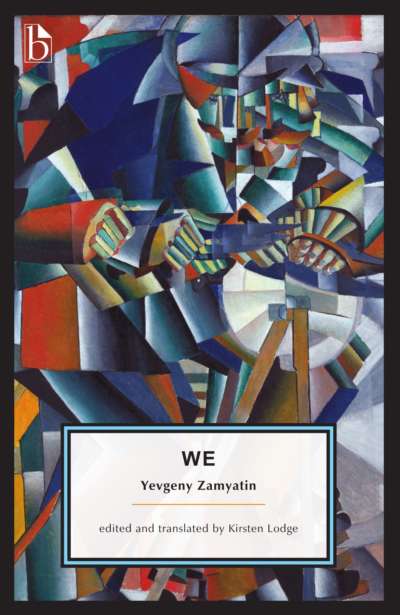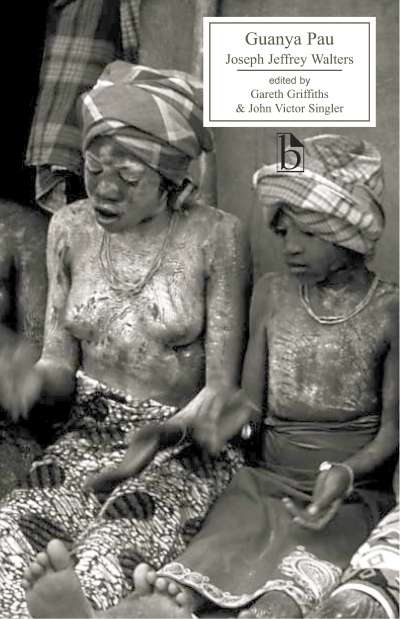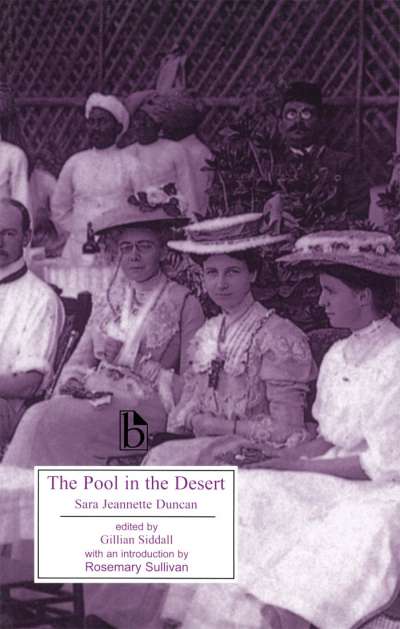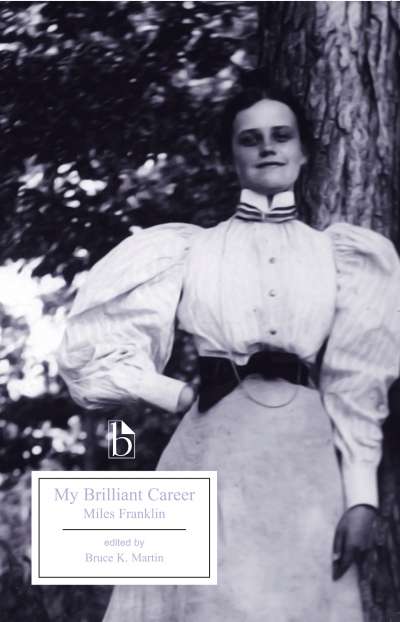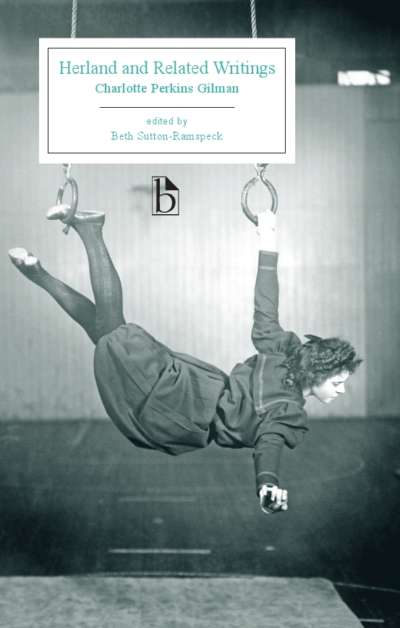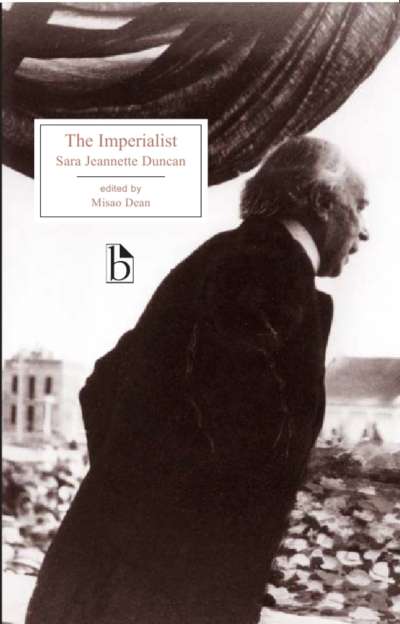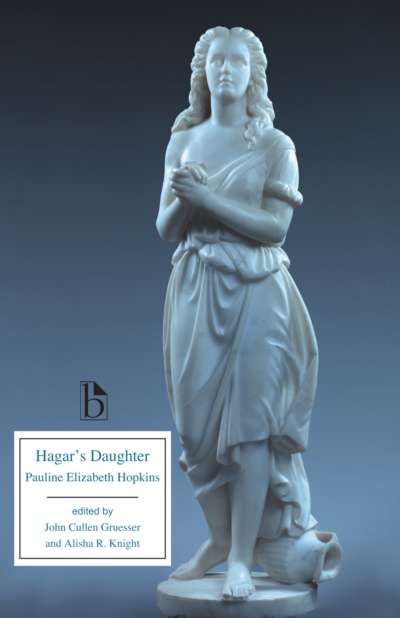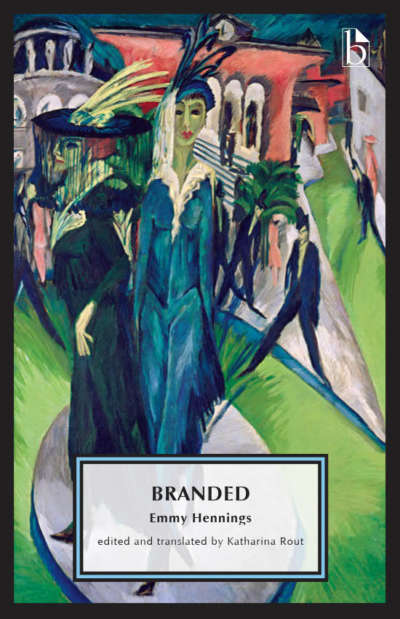Dreams is a work that defies conventional categorization; however, one might best capture its unique formal structure by construing it as a series of prose poems or narrative paintings, a starkly modern text inflected by the far older tradition of the medieval dream-vision poem. Though a work of prophecy, it proceeds with a light touch. The sequence of eleven dreams, loosely interlinked, leaves us to wrestle with our doubts; it takes up thorny questions that challenge a culture right where it may tend to be its proudest. The landscape of the work shifts as it moves among the African savannah, congested late-industrial London, and the olive tree-studded hillsides of Italy. The intersectionality of Schreiner’s writing—its concern with gender, sexual orientation, class, nation, and race—makes her a particularly salient voice for today’s students.
The appendices to this edition provide an accessible representation of Schreiner’s key contexts, South African and British as well as American. The introduction features a biographical overview of a writer wrestling with questions of social justice pertinent to her own era yet relevant to our contemporary moment.
Comments
“The genre of the allegorical fable has long been out of fashion. In their new edition of Olive Schreiner’s Dreams, the editors have provided a wealth of judiciously chosen materials, critical and historical, to help us read these allegories with fresh eyes.” — J.M. Coetzee
“Dreams, Olive Schreiner’s book of feminist allegories, became an inspirational book for hunger-striking British suffragettes in Holloway Prison. Charlotte Perkins Gilman carried it with her when she left her marriage, and she called it the sunlight of her freedom. It is wonderful to have Schreiner’s influential book now available for students and scholars, with a splendid introduction co-written by the three editors, connecting her South African political roots, London intellectual experiences, controversial feminist ideas, and literary evolution. The editors have provided a rich selection of contextual documents illuminating Schreiner’s literary influences and her intersecting views of the relationships between feminism, race, sexuality, and labor. A welcome and timely edition for a new generation of readers.” — Elaine Showalter, Professor Emerita, Princeton University
“Congratulations to the editors on producing a wonderful new edition of Olive Schreiner’s Dreams, one of her key publications. The editors have also added to the allegories in providing well-chosen selections from across a wide range of Schreiner’s writings, together with thoughtful interpretational notes. The result will surely be an essential book in Schreiner scholarship, appealing both to those wanting an introduction and to those wanting to deepen their knowledge of Schreiner’s work. Brava!” — Liz Stanley, University of Edinburgh
“[The editors] remind us that it was this work, enormously popular and incredibly powerful in her own time, that came to define [Schreiner’s] later career. … [T]he editors strike a delicate balance, highlighting what made her politics radical and, more importantly for modern readers, the radical potential of her work.” — Justin Thompson, Women’s Writing

